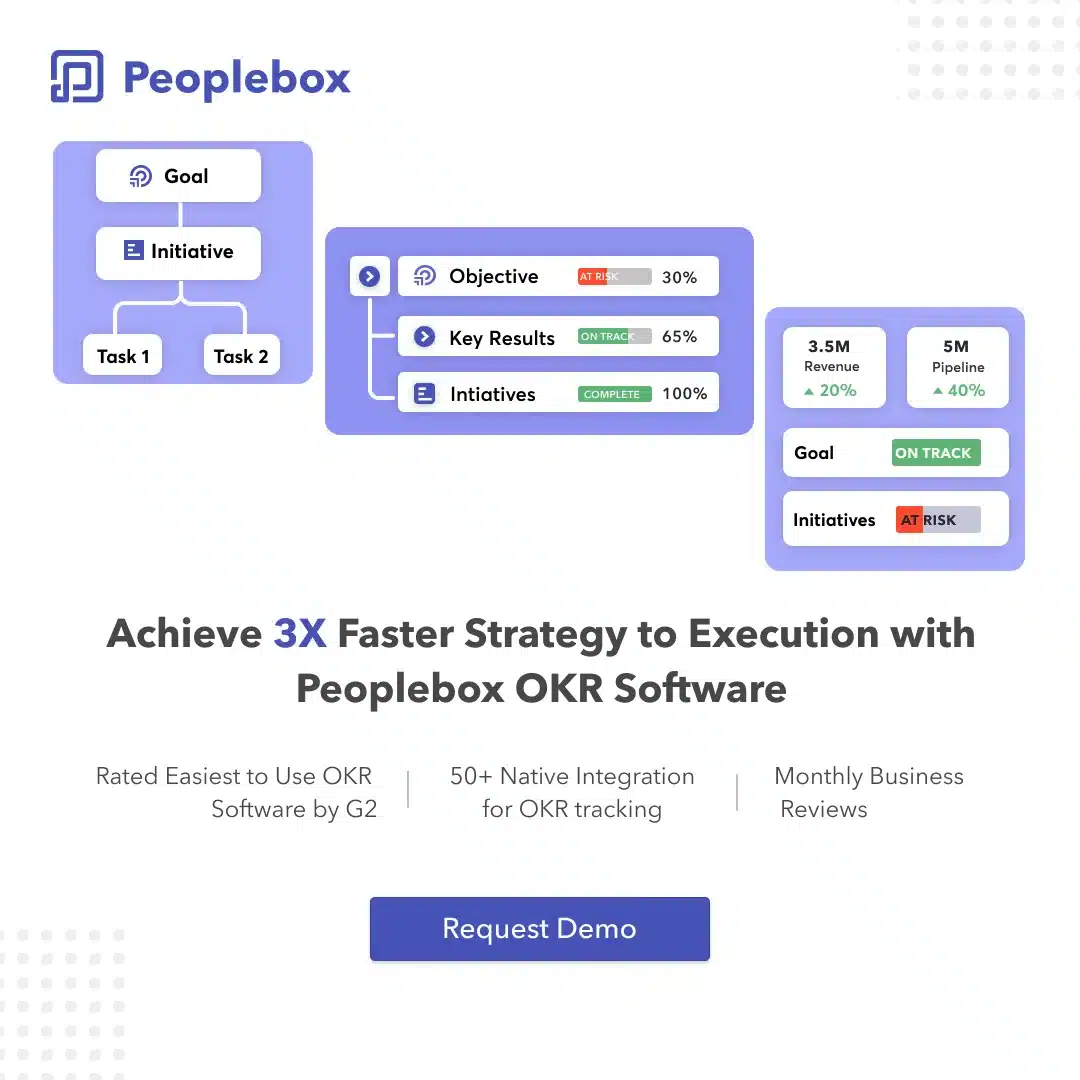Remote work is the new global trend. It is because more and more companies are realizing the advantages and benefits it can bring.
But there’s another side of the coin. As along with advantages there comes certain challenges such as decreased employee visibility, increased distractions, chances of miscommunication and disengagement. Therefore, comes the question of managing a remote team.
If not managed properly your remote team members can easily feel abandoned and isolated. This can lead to a downfall in employee retention, performance and efficiency.
Is your organization dealing with this chaos because of ill management of the remote teams? If yes, as the HR leader you can take certain measures to ensure the discontinuation of such inconveniences.
Whether you are dealing with newly remote teams or teams working remotely from a long time, in both the cases, it is important to learn about managing remote teams effectively for better performance, engagement and employee satisfaction.
What are the challenges in managing remote teams?

As a HR leader, here are the most common challenges you might be facing while managing your remote teams-
- Communication
- Company culture
- Employee Engagement
- Building trust
- Building human connections
How can you manage remote teams effortlessly?
Here is a 5 step-blueprint for you to successfully manage your remote teams-
1 Train your managers
Training managers and leaders to manage remote workers effectively is crucial to the success of every remote work programme.
OKR Software – Rated 4.8 on G2
Empower your managers to be a better leader with essential performance tools & personalized coaching support.
Try Peoplebox Now to Understand & Innovate Your culture
Take the pain away from running engagement & pulse surveys to build deep people insights and focus on actions
2 Communication is the key

Start training your remote manager with the lesson of Proactive communication.
Encourage your managers to schedule one on one meetings to solve any doubts employees might have. One- on one meetings are also great to build personal connections with the employees as well as build trust.
Ask your managers to use icebreakers in such meetings to make them feel comfortable and engaged.
Train your managers to deal with the issue of scheduling difficulties due to different time zones. You can incorporate both synchronous and asynchronous communication with tools like Slack and Zoom to help them deal with it.
3 Support your remote teams
To manage your remote teams effectively empathy and action both are equally important. Thus train your managers to offer a helping hand to your remote employees whenever necessary.
Managers should make your employees feel cared and valued by offering a helping hand especially during this Covid -19 outbreak.
Going this extra mile will help you earn their loyalty and your employees will not hesitate to give their best at every step for your organization. You should never forget the fact that your distributed employees are humans and not robots.
4 Cultivate work culture
Translate the company culture to your employees with the help of your managers.
Make your remote teams aware of the company culture and values and how it aligns to your organization’s vision. Incorporate the company values from day one by letting your new hires know about it.
You can opt for creating a document that clearly depicts your company culture.
Also make sure you and your leaders are adhering to these principles. Because if you don’t follow the work culture yourself, your employees will not work according to it as well.
OKR Software – Rated 4.8 on G2
Empower your managers to be a better leader with essential performance tools & personalized coaching support.
Try Peoplebox Now to Understand & Innovate Your culture
Take the pain away from running engagement & pulse surveys to build deep people insights and focus on actions
5 Inculcate trust and transparency
Trust and transparency are the two main pillars of a healthy remote work culture.
Train your managers to make the company goals and objects and the employees’ role in that clear. A Clear objective will help your employees to understand where to focus and ultimately help increase performance. Seeing their work is contributing to achieve company’s goals will further keep them engaged.
Encourage your managers to trust the employees and offer job autonomy. It will help your employees be accountable and keep your managers away from micromanagement. .
“Because we work 100% remotely, we achieve trust by being transparent and avoiding micromanagement.”
Brenna Loury, Head of Marketing, Doist
Make sure your managers are setting expectations in the beginning of a project. Also be clear about meetings schedules, holidays, and other such information.
Are your remote employees engaged?

Engaged employees are crucial to a company’s success. And as the HR it is your responsibility to manage your remote teams’ engagement.
Here are a few steps you can take to keep your employees engaged-
1 Check the pulse
Start with surveys and feedback to understand the pulse of your employees. It will help you understand the problems in the present system so that you can work to improve those areas.
OKR Software – Rated 4.8 on G2
Empower your managers to be a better leader with essential performance tools & personalized coaching support.
Try Peoplebox Now to Understand & Innovate Your culture
Take the pain away from running engagement & pulse surveys to build deep people insights and focus on actions
2 Make your remote teams feel included
Make your remote employees part of the decision making process by including them in discussions about important projects. This will make them feel their opinion is being valued and thus keep them engaged.
3 Foster connections
Build human connections with your managers as well as remote employees and be available when they need you.
Working remotely can create a sense of isolation among employees which directly affects their performance. Thus It is important to help them establish connection with other team members to keep them engaged.
You can incorporate an internal chat system to make your remote teams feel connected. Also create channels for different interests where your distributed teams can make personal connections.
You can also organize annual meet ups to help your employees bond better.
4 Encourage teamwork and collaboration

Ask your managers to ensure team collaboration among the remote employees.
Organize virtual team building activities.
Create a virtual office by encouraging your remote teams to work for an hour or so with their video on. This will virtually recreate the feeling
of working in a physical office with co-workers.
5 Recognize and appreciate
Employees desire to get recognized for their contribution. Recognition is an important factor in boosting employee morale and motivates them to give their best in every task.
Use social media platforms to recognize your employees publically. Also train your managers to encourage peer to peer recognition to help maintain a healthy work culture.
6 Provide your managers tools to manage remote teams
Incorporate tools to help your leaders manage everyone on the go. As the HR you should also make sure that your remote employees have all the necessary technologies such as a good monitor, good internet connectivity etc. in their home office setup.
Tools will also help your managers to track and measure to take the right action. This will also ensure better employee experience.
Include HR software in your remote employee management program. It will help you to comprehend how each project is getting completed, who’s working and when, and how efficient their workflow is.
Here are a few tools for collaboration, productivity, engagement, performance etc.-
1 Tools for smooth virtual communication and collaboration
Slack, Campfire, HipChat, Troop Messenger, Skype, Zoom, Google hangouts, Same Page etc.
2 Tools for remote sharing
Google Drive, Team Viewer, Chrome Remote Desktop etc.
3 Tools for Secure Integrations
Zapier, 1Password etc.
4 Tools for productivity
Krisp, Todoist, Blink etc.
5Tools for time management
Kickidler, Teamwork, Time Doctor
6 Project management tools
ProofHub, Basecamp etc.
7 Tools for employee engagement

Peoplebox is an all-in-one platform that provides a high-touch development journey for managers using actionable insights, easy-to-use performance tools, and personalized coaching support (a combination of AI + Human) in an affordable way.
Key features
- Understand your people & culture with automated engagement & pulse surveys
- Develop your managers into leaders using Personalized coaching & performance tools
- Build high performing teams with OKRs, 1:1s and Check-ins
- Help your remote team strengthen personal connection with CoffeeConnect
Conclusion
The challenges you will face in managing remote teams are a bit different from the in-office scenario. And so is the way you overcome those challenges. Putting some extra effort to keep your team in a loop and by embracing technological solutions you can make your remote teams a success.
So are you ready to manage your remote teams now?






